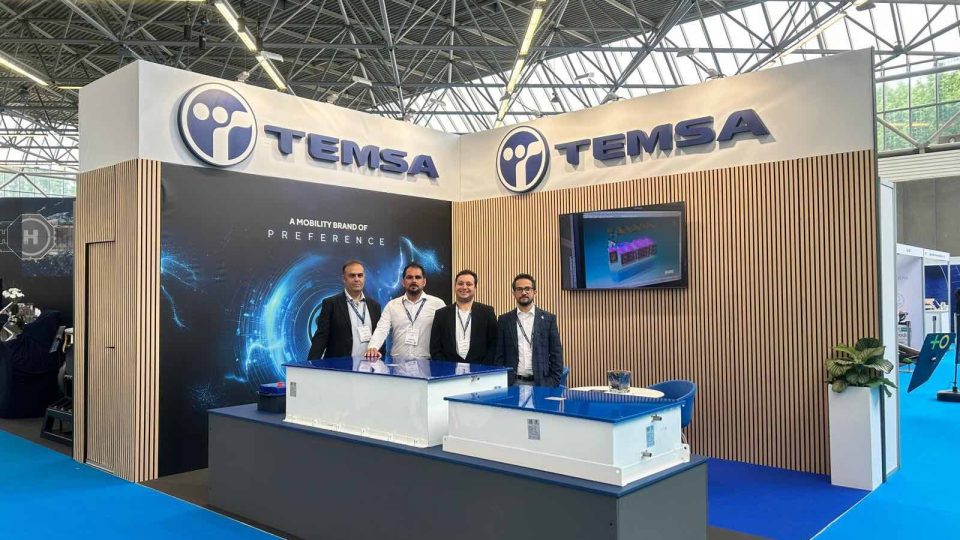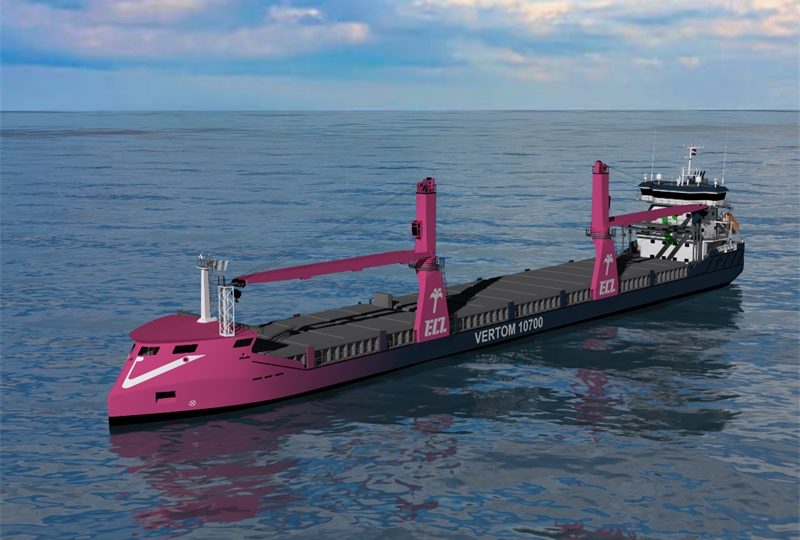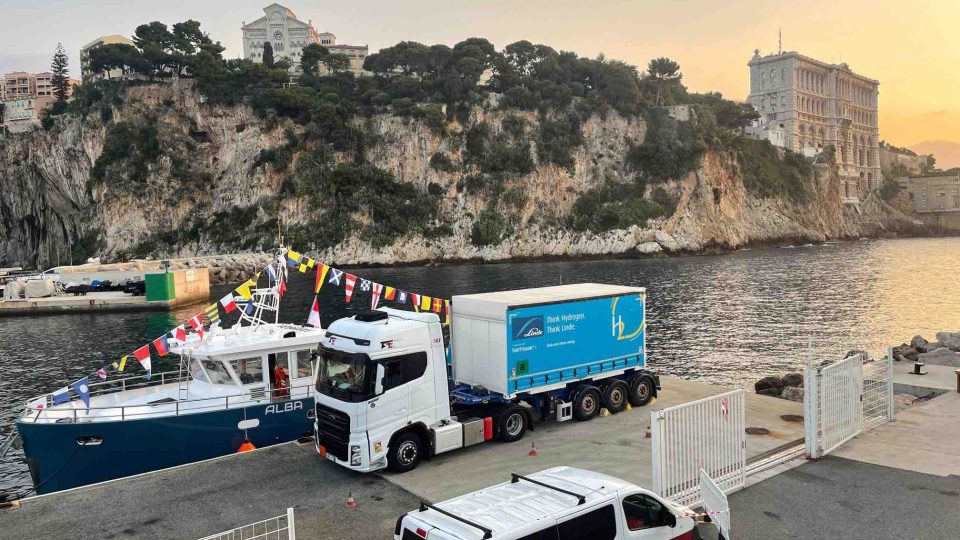Westport announces methanol project with a supplier of power solutions for marine applications
Westport Fuel Systems announced a proof-of-concept project with a leading global supplier of power solutions for marine applications to test Westport’s High Pressure Direct Injection (HPDI) fuel system utilizing methanol for marine applications.

Westport Fuel Systems announced a proof-of-concept project with a leading global supplier of power solutions for marine applications to test Westport’s High Pressure Direct Injection (HPDI) fuel system utilizing methanol for marine applications. The project, expected to start in the first quarter of 2024, will be fully funded by the OEM, and is planned to run for approximately nine months.
The project marks the potential application of the HPDI fuel system for use with marine applications, serving as an initial proof-of-concept project utilizing methanol. It also signifies the possibility of an expansion of Westport’s HPDI fuel system beyond the LNG applications commercially available now and the hydrogen applications demonstrated to-date. Using renewable or carbon neutral methanol derived from green or blue hydrogen, Westport is confident this alternative fuel approach offers an economical and efficient pathway to decarbonize the sector without compromising performance.
“We are excited to continue to demonstrate Westport’s HPDI fuel system as a sustainable solution for hard to abate sectors like marine applications,” said Scott Baker, Vice President of Global Engineering for Westport Fuel Systems. “Westport’s HPDI technology is versatile and can be used with a range of low-carbon and zero-carbon fuels.”
Baker continued, “Demonstrating methanol capability with HPDI further validates our proprietary technology as an affordable solution to decarbonize the marine sector. Our fuel system is expected to provide similar torque, power, and efficiency to diesel, while also potentially reducing NOx emissions utilizing easily accessible and lower cost methanol as the fuel.”
Methanol presents several advantages for off-road and marine applications, including its high energy density, which extends operational range and reduced emissions compared to traditional fossil-based fuels. Its combustion characteristics contribute to high engine efficiency and performance, with significant engine out NOx reductions.
In addition, the ease of distribution and handling, stable storage, and lower costs enhances its practicality for off-road fleets. Methanol’s adaptability to existing engines, potential for blending and global availability further position it as a versatile and accessible fuel option for off-road vehicles, making it a compelling choice for industries seeking efficient, cost-effective, and environmentally friendly solutions that they can apply relatively quickly to their entire fleets. Renewable methanol produced from low-carbon sources is growing globally; according to the Methanol Institute there are more than 80 renewable methanol projects currently underway around the globe.











